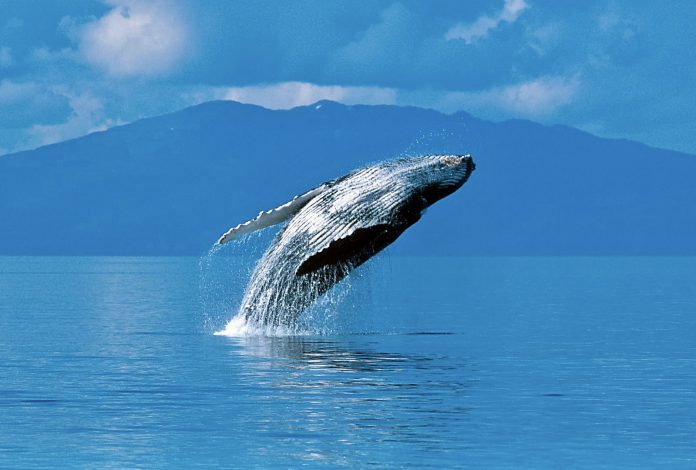
Breaking! Whale Entanglement Prevention Act Aims To End The Suffering & Death Of Endangered Marine Life Off The Coast Of California
You can help all animals and our planet by choosing compassion on your plate and in your glass. #GoVeg
RELATED ARTICLES
The Jane Goodall Act Was Recently Introduced In Canada And Will Become One Of The Strongest Animal Welfare Bills In History!
Canadian Senator Murray Sinclair has partnered with Dr. Jane Goodall to introduce the Jane Goodall Act, which, when passed, will become one of the...
Peace 4 Animals, SCIL, NRDC & FOE Introduce California Anti-Deforestation Bill To Protect Critical Rainforest Habitat & Endangered Species
Following a year of devastating fires throughout the Amazon rainforest and the forests throughout Indonesia, as well as continued degradation of boreal forests throughout...
U.S. Senator & Noted Vegan Cory Booker Appointed To Senate Agriculture Committee Focused On Sustainability, Our Environment & The Health Of Americans
United States Senator Cory Booker (D-NJ) has been appointed to the Senate Committee on Agriculture, Nutrition, and Forestry. A known vegan, Booker has inspired positive...
Popular stories
Breaking News
Born Free USA Calls For A Phase-Out Of Keeping & Breeding Big Cats In Captivity
Wildlife conservation and animal advocacy nonprofit, Born Free USA, has released Clawing at the Cages: Big Cats in Zoos, a new report detailing the...
News
Breaking! Three New Wolf Pups Mark First Litter To Be Born In Colorado In 80 Years
Between June 4th and 8th, Colorado Parks and Wildlife (CPW) staff members observed three new wolf pups with their parents, collared wolves M2101 “John” and F1084 “Jane" who are known...
Breaking News
Primates Continue To Suffer While Research Labs Plan To Gain $30 Million In Taxpayer Dollars To Renovate & Expand
Shockingly, National Primate Research Centers (NPRCs) that experiment on primates stand to gain an additional $30 million in taxpayer funding from the National Institutes...


